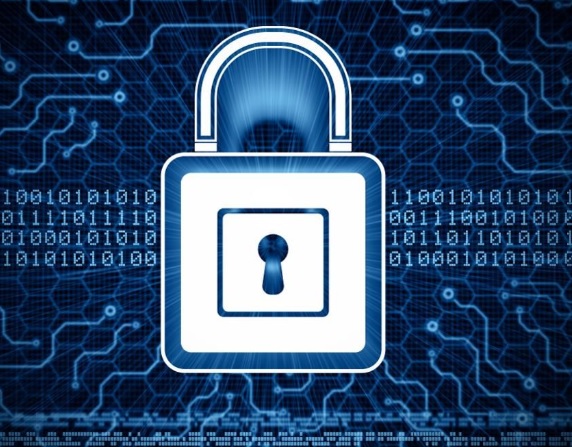
PCs are convenient tools for work, school, hobbies, streaming, and more. Unfortunately, they can also be one of the biggest risks to one’s safety and privacy.
Fortunately, you can be safe while still using your PC as much as you like. Below are a few steps you can take to increase security and how downloading protection tools like the Surfshark VPN for your computer can help.
Stay Up to Date
Update alerts can be a frustration. Sometimes, it seems like they come every time you log on to your PC. As annoying as they may be, they are absolutely necessary for your computer’s security and function.
Updates are created and provided any time there is a bug or weakness noticed in the old version. Ignoring these updates keeps you vulnerable to those bugs and flaws. Keeping your system updated is like securing the wall around your PC, making it even more difficult for hackers to get in.
Strong Passwords
If someone gets your passwords, he or she can do anything they please with your online accounts. Don’t give them that chance. Follow these tips to make sure your passwords are strong and protected:
- Create a different password for each account.
- Use a minimum of 12 characters but the longer, the better.
- Use a combination of upper and lower letters, symbols, and numbers.
- Don’t use anything personal, like kids’ names, birthdays, location of anniversaries, your favorite singer, or anything else that can be put together by learning necessary information.
- Try using automatic password generators to help keep everything unique.
- Do not write them down and leave them anywhere that someone can find them. If you have to, lock them in a safe.
Cover Your Camera
Hackers can access your webcam with ease if you are not blocking their access. Cover your camera when you are not using it, so even if they access it, they cannot see anything.
Some people cover their camera with electrical tape. Others purchase camera covers from computer stores and retailers. Either way, keeping your camera covered up denies hackers a visual of you, your children, and the inside of your home.
Avoid Unknown Devices
Do not plug any devices into your PC that you do not recognize or own. That includes USBs and external devices. There is a chance that they are infected with viruses and malware.
Stay Off Sites That Say “Not Secure”
There are many unsecured websites online that hackers can easily access. You will know them from others as they say “Not Secure” in the web address bar. Avoid these whenever possible.
Also, understand that sites can be mirrored. If you pay your bills online, you might log on to your utility provider’s site thinking that you will pay your monthly bill. If someone has mirrored that site, though, you might be putting your financial information into their form, instead. If the web address bar does not have a lock present or if it says “Not Secure,” do not put your financial information in.
Avoid Unfamiliar Ads
It has become commonplace for ads to constantly pop up on our screens, so we rarely think twice about them. If they look useful or interesting, we often click on them. This can be a problem, though, as some of them are malicious content, and clicking them can open the door to viruses and malware.
Disconnect
Staying connected to the Internet when you are not using it can leave your PC vulnerable. Any time you are not using the Internet, disconnect from it for security.
Set Rules
Deciding how to stay safe is only part of the process. You also have to set firm rules and share them with everyone in your household. Otherwise, all of the steps you take to be safe will be obliterated when another household member unknowingly puts you at risk.
Avoid Public Wi-Fi
Public Wi-Fi has advantages, especially if you do not have your own Internet or are away from home. However, it can also be a threat to your security.
As public Wi-Fi is not protected, anyone who knows how to access someone else’s information can do so easily. Without the protection of a VPN, using public Wi-Fi is just too risky.
Install a VPN
A VPN, or virtual private network, can go a long way in preventing hacking and keeping your PC safe. They protect your identity and location online and to avoid phishing attempts and malicious ads.
They can also block access to your camera and other things hackers try to access. Since it provides you with an actual private network and anonymous browsing, you can safely access public Wi-Fi.
Back-Up Data
One of the worst parts about getting hacked is losing access to your stuff. While you want to do all you can to prevent hacking, you should also prepare for the worst- just in case. Always back up your data regularly, so even if you do get hacked, you still have your stuff.
Conclusion
It’s crucial that you not leave your personal information and private life open to those with less than honorable intentions. By following the steps above, you will be closing the door to many potential security threats.

